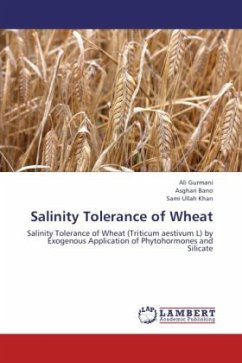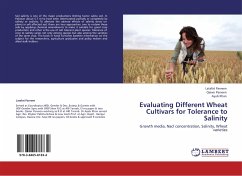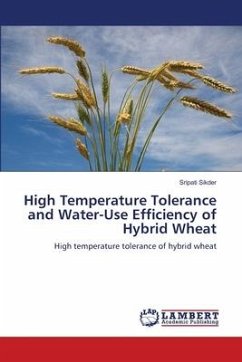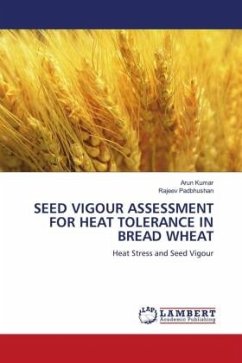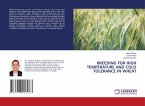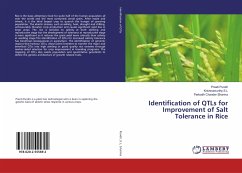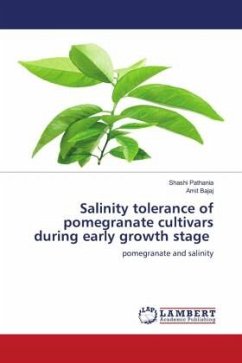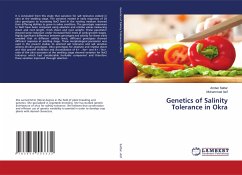Soil salinity is one of the major and increasing problems of the irrigated agriculture of the world, particularly in rice-wheat growing areas. Wheat (Triticum aestivum L.) is an important cereal crop and source of staple food for many countries, which is mainly threatened by salinity. The objective of the research project was to increase growth and production of wheat under salinity stress. Various measures were used in past to increase productivity of crops under saline conditions by chemical reclaimation, green manuring and farm yard manures. But these procedures are costly and time consuming; whereas, this book provides some new strategies to enhance salinity tolerance in wheat by the exogenous application of phytohormones like abscisic acid, benzyladenine and cycocel. Present attempt was to determine the relative contribution of three different plant hormones reduces in the selectivity of ion uptake, osmoregulant production, chlorophyll and protein production and yield under salt stress. Effect of silicate in combination with ABA has also been evaluated under saline conditions.
Bitte wählen Sie Ihr Anliegen aus.
Rechnungen
Retourenschein anfordern
Bestellstatus
Storno

